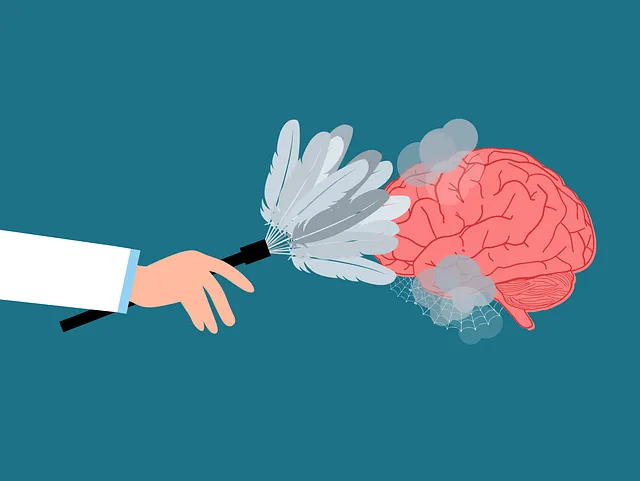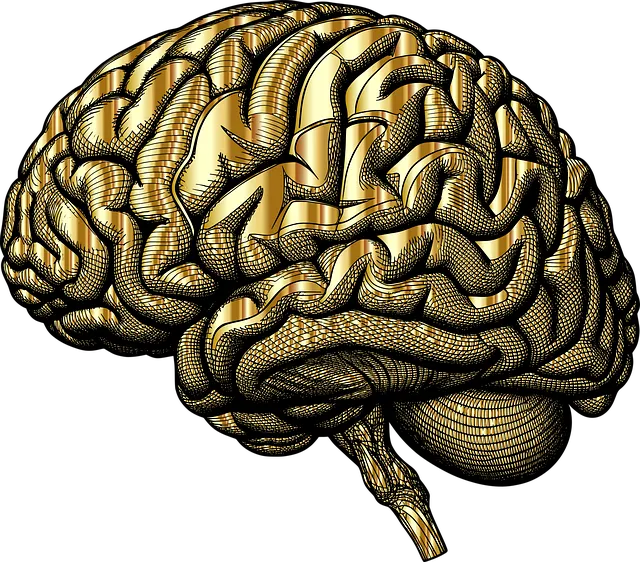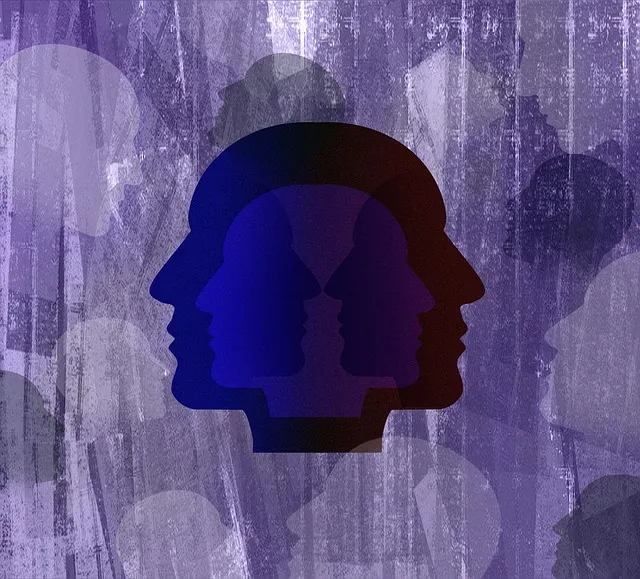Mental illness diagnosis in Lone Tree can be improved by addressing cultural barriers, providing specialized training for healthcare providers, and integrating innovative tools like risk assessment models. Kaiser Permanente's network offers comprehensive mental wellness programs, including therapy sessions, group support, and evidence-based treatments. Individuals can access these services through the Kaiser website or local branch, with an initial consultation followed by personalized treatment plans. Kaiser's strong Mental Health Policy ensures privacy and rights while providing top-tier care.
Mental illness diagnosis accuracy is a critical aspect of patient care, yet remains challenging due to complex nature of these disorders. This article delves into understanding these complexities and explores strategies to enhance diagnostic accuracy, focusing on innovative approaches and available resources. For those in Lone Tree seeking mental health support through Kaiser, we provide a comprehensive guide, offering insights into navigating the system and accessing essential services.
- Understanding the Challenges: Unveiling the Complexities of Mental Illness Diagnosis
- Enhancing Accuracy: Strategies and Innovations for Better Diagnosis
- Accessing Services: A Guide for Individuals in Lone Tree Seeking Support through Kaiser
Understanding the Challenges: Unveiling the Complexities of Mental Illness Diagnosis

Mental illness diagnosis is a complex process, often shrouded in challenges that require careful consideration. Each individual’s experience with mental health conditions is unique, shaped by a myriad of factors including genetics, environment, and personal history. This complexity poses significant hurdles for healthcare providers when attempting to accurately diagnose and treat these conditions. The nuances of mental wellness can be difficult to discern, especially given the wide range of symptoms and their potential interplay.
For example, many mental health conditions share similar manifestations, making differentiation a delicate task. Additionally, cultural competency among healthcare providers plays a pivotal role in accurate diagnosis. According to Kaiser, access to mental health services through their network, like those located in Lone Tree, can be greatly improved by addressing cultural barriers and providing comprehensive training on diverse populations’ mental health needs. Trauma support services are another critical component, as traumatic experiences can manifest in various ways and often require specialized care.
Enhancing Accuracy: Strategies and Innovations for Better Diagnosis

Mental illness diagnosis accuracy is a critical aspect of patient care and treatment outcomes. To enhance accuracy, various strategies and innovations have been developed. One such initiative involves integrating advanced risk assessment tools tailored for mental health professionals, enabling them to make informed decisions based on comprehensive patient evaluations. These tools often incorporate data analysis and predictive models, which can identify individuals at higher risk of developing mental health conditions or experiencing a crisis.
Additionally, Crisis Intervention Guidance plays a pivotal role in improving diagnosis accuracy. Structured guidelines and protocols provide mental health professionals with a roadmap during critical situations, ensuring a systematic approach to assessment and intervention. Similarly, Risk Management Planning for Mental Health Professionals is essential. This involves proactive strategies to mitigate potential risks, enhance safety, and improve patient outcomes, ultimately contributing to more accurate diagnoses. By combining these innovations and guidance, Lone Tree residents can access better mental health services through Kaiser, ensuring comprehensive care tailored to individual needs.
Accessing Services: A Guide for Individuals in Lone Tree Seeking Support through Kaiser

In Lone Tree, individuals seeking mental health support through Kaiser have a variety of resources available. The first step is to understand the services offered by Kaiser Permanente, one of the leading healthcare providers in the region. Kaiser provides comprehensive mental wellness programs tailored to meet diverse needs, from individual therapy sessions to group support meetings and specialized treatment options. Their network of mental health professionals includes psychiatrists, psychologists, and licensed therapists who are dedicated to delivering evidence-based practices.
To access these services, individuals can start by visiting the Kaiser website or contacting their local branch directly. The process typically involves scheduling an initial consultation where a patient’s emotional intelligence and overall mental health history are assessed. Once diagnosed, a personalized treatment plan is developed, ensuring that every individual receives the care they need. Through Kaiser’s Mental Health Policy Analysis and Advocacy efforts, Lone Tree residents can be assured that their privacy and rights are protected while receiving top-tier mental health services.
Mental illness diagnosis accuracy is a multifaceted challenge that requires a combination of improved understanding, innovative strategies, and increased access to services. By navigating the complexities outlined in this article—from recognizing the nuances of mental health conditions to implementing cutting-edge diagnostic tools—individuals in Lone Tree can find effective support through organizations like Kaiser. Understanding how to access these services is crucial for those seeking help, ensuring they receive accurate diagnoses and appropriate treatment plans tailored to their unique needs.

